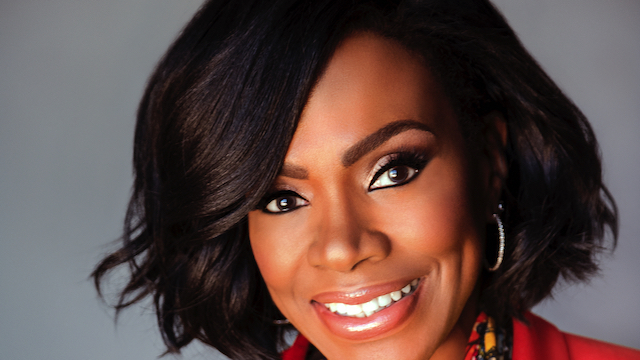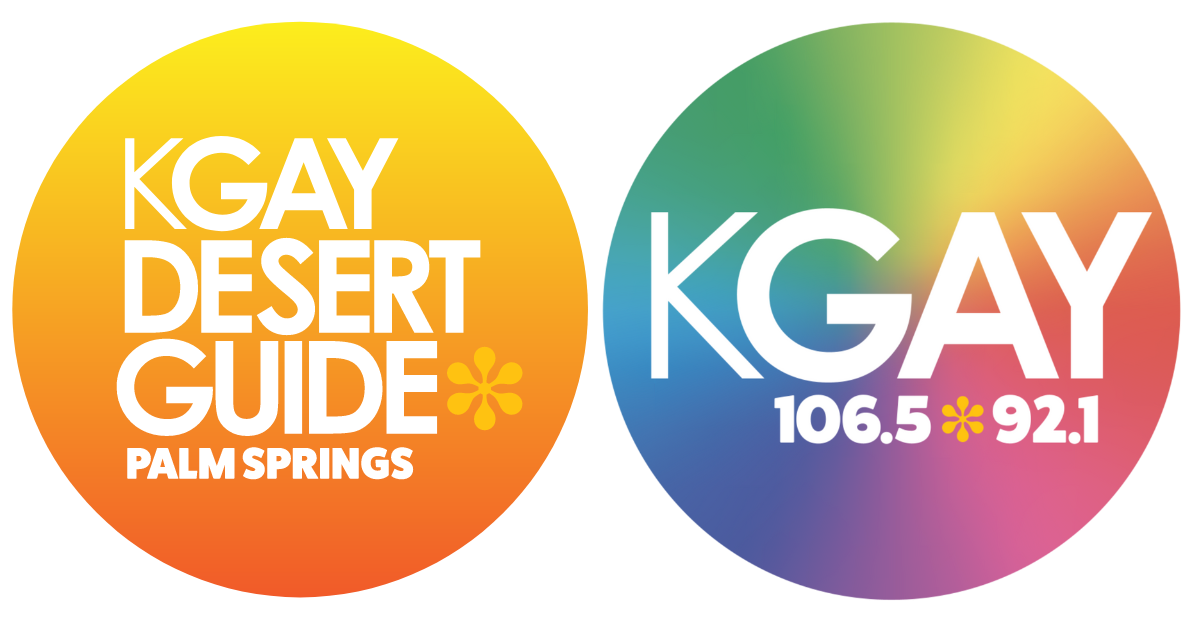By Jack Bunting
We cannot change the past, but we can learn from it. Sheryl Lee Ralph began working to raise health equity for others after witnessing widescale indifference to the suffering of people dying of AIDS.
As she introduced everyone to the first Deena Jones in Dreamgirls on Broadway, she coped with losing a third of her original cast to AIDS. This galvanized her to using art and activism to raise awareness about HIV and AIDS.
In this Q&A, Sheryl Lee Ralph gives her perspective about what health equity looks like to her, based on the AIDS epidemic, and the last 40 years of her humanitarian work.
Q: With health equity, “access” to health is very much about feeling welcome and comfortable, once we enter the front door of a health clinic. We have come a long way since the 80s, but not nearly enough. What would you like to see today in 2021?
A: I would love to erase hate for all! Not just some but for everyone. I would us like to grow in compassion. I would like to see an end to systemic racism. I also know that this is all very difficult because human beings always seem to need to hate, ignore, disrespect, disregard somebody – I’ve seen it get worse over the years. I want us to grow out of our pain and despair, not create more of it.
Q: Do you see any familiar mistakes from the AIDS epidemic being repeated with the COVID pandemic? Is there any opportunity to do things better for people during this pandemic? What would that be?
A: The similarities are so eerily familiar! We must make a genuine effort to crush hate. The AIDS epidemic grew because many in this world hated gay people and didn’t care whether they lived or died. They most certainly didn’t care about Black Africans either. Hate fueled the disease globally. It was an awful time, like many other moments, in our history.
COVID-19 isn’t much different. The world was slow to take action because it labeled and associated the virus to a nation of people. By the time the rest of the world realized it was a human disease, it was too late, resulting in the death of over half a million in the U.S. alone.
If only we could get humans to truly care about other human beings, maybe things would be different for us all. If only we could get humans to value themselves and their health better. Back in the day we knew that condoms were a proven barrier to the virus, and it was a battle to get people to use them! I see the same battle raging now with anti-maskers and COVID-19.
Q: Women living with HIV arepractically invisiblein research and most other forms of HIV prevention and treatment efforts, compared to men. If we were to take a pulse right now, are we getting nearer to better equity for women living with HIV?
A: I think we’re getting close, but we need more from the healthcare system.
Women—Black and Brown women—are invisible because the system doesn’t want to see us. They are in many ways blinded by their own perceptions of who we are and our need for care. The healthcare system must lose their bias and increase their research and treatment efforts to meet Black women where they are and include in the studies. They must work to develop trust where it is sorely needed.
Q: Trust is an issue that many people of color have with healthcare, and for good reason. What do you think it will taketo help more people start to trust healthcare?
A: By helping society and the healthcare systems to see the BIPOC (Black, Indigenous, and people of color) communities as human beings. There was a time when the healthcare community operated on Black people without anesthesia because it was thought that we didn’t feel pain. That’s hard to forget. Still there are doctors who ignore the cries for help from people of color because they don’t value or care about non-white, traditional patients or people who look like them. To be trans or ‘othered’ in certain medical spaces is to be totally ignored and disrespected. We must change the hearts and minds of other human beings.
Q: Can you help us understand how the arts, especially music and theater—can help heal people?
A: One of the ways is by delivering messages of hope through words, music, and images. Writing scripts that normalize marginalized and stigmatized people. Opening the door of opportunity for those same people to have their productions produced. When people are SEEN and REPRESENTED WELL across distribution platforms, illumination takes place. When this occurs, we begin to normalize what was once marginalized. Then and only then can the healing start.
Q: You were in the cast of the CBS daytime soap opera “Search for Tomorrow” while starring on Broadway in Dreamgirls. That seems like a busy schedule. What made you press on? Any anecdotes?
A: I learned very early in my career that your 15 minutes of fame can be over quickly so it’s best to strike while the iron is hot in order to mold a long-lasting time in the industry.
I pressed on because it became apparent to me that the Dreamgirls and I were becoming a symbol of acceptance for young black girls and a symbol of hope for so many others especially the LGBT community. The soap opera made me the business paramour of an older white man and that was way ahead of its time!
Q: What can we all do to honor the memory of your cast members from Dreamgirls—and everyone else who has been taken by HIV? What is your advice?
A: I can hardly believe that it has been 40 years since the debut of Dreamgirls on Broadway. I am still saddened by losing a third of our original company to AIDS
I founded The D.I.V.A. Foundation to never forget them and the art we lost with their deaths. We continue to create programs to raise awareness still for HIV/AIDS and other life-threatening diseases. We must all find our voices and use them. Sometimes we just need to pass the mic and help others speak.
Q: How can the arts–especially music and theater—help heal people as we rebuild our hope and continue enduring this pandemic?
A: I created DIVAS Simply Singing! in an effort to raise HIV/AIDS awareness one song and committed artist at a time. Over 30 years we have seen that artistic activism works.
If you paint, paint. If you sing, sing. If you dance, dance. Your art speaks! Artists are the gate keepers to truth, and they must tell it! I always encourage people to find their voice, because someone is waiting to hear it, learn from it, find their voice, and pay it forward!


